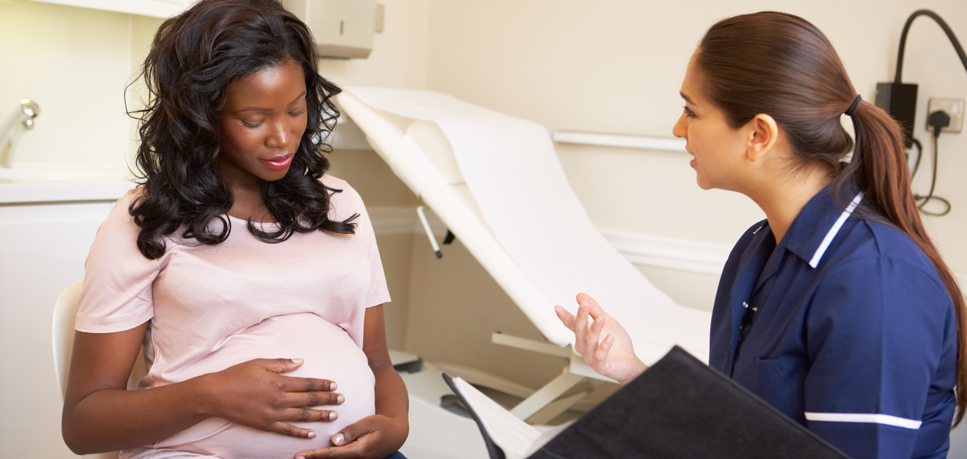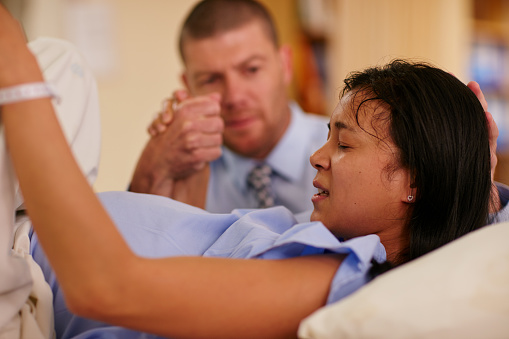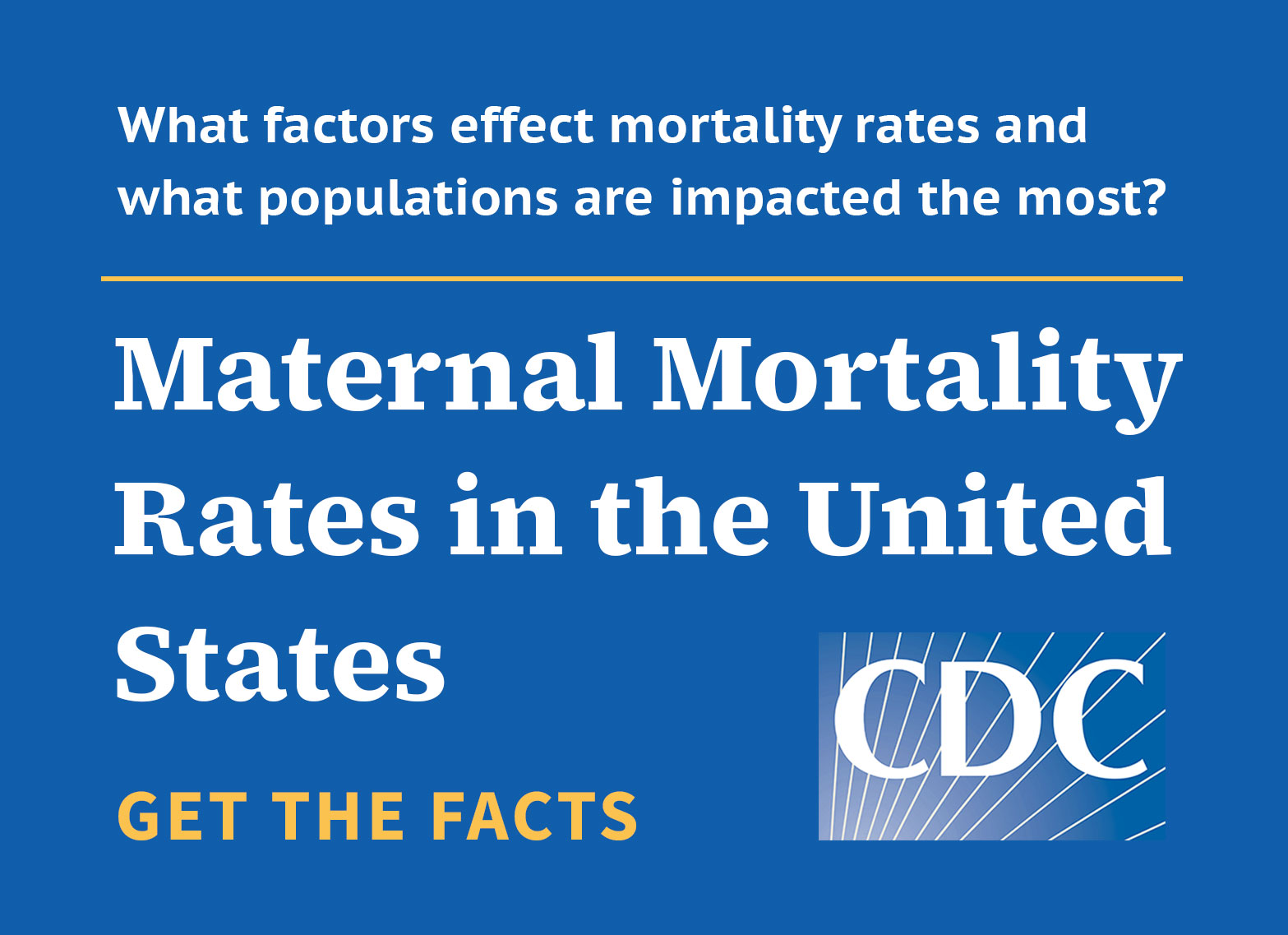Maternal Levels of Care
Centers for Disease Control and Prevention. Maternal Mortality Rates in the United States, 2020.
What’s being done at the State level?
Georgia has the highest mortality rate in the US so it’s no surprise they are taking action to help improve care for women and newborns. In fact, Georgia is one of a handful of states to review risk appropriate care, but the first to collaborate on a program with an accreditation organization. In 2022, the Georgia Department of Public Health (DPH) announced a partnership with The Joint Commission, recognizing their Maternal Levels of Care (MLC) Verification program. With this agreement, The Georgia Department of Health will cover a portion of the fees required for hospitals to participate in the verification program.
Intro to Georgia’s Maternal Levels of Care Designation with The Joint Commission
Watch an overview of the Georgia designation, the application and verification process.
A Collaboration Between ACOG
and The Joint Commission
The program was developed using ACOG’s Levels of Maternal Care Obstetric Care Consensus (OCC), which includes comprehensive uniform definitions, a standardized description of maternity facility capabilities and personnel, and a framework for integrated systems that address maternal health needs.
“ACOG has long made Levels of Maternal Care a key organizational priority, as access to quality, risk-appropriate care is one way we can begin to reverse the rising rates of U.S. maternal deaths,” said Christopher Zahn, MD, FACOG, vice president, Practice Activities, ACOG. “We are pleased to be able to partner with The Joint Commission and utilize the broad reach they have across the country with health care organizations and programs, as well as state health departments. Through this effort, we hope to expand LoMC implementation more quickly and have a positive and lasting impact on maternal health outcomes.”
The MLC Verification program will play a key part in decreasing maternal mortality and severe maternal morbidity by ensuring that pregnant and postpartum individuals receive risk-appropriate maternal care. The new program will involve an on-site comprehensive review of the maternal services available in community hospitals and critical-access hospitals that will inform a level of maternal care determination. The verification process will help hospitals gain a clear understanding of their capabilities and resources, including personnel; the types of patients that the hospital is equipped to manage; and circumstances in which pregnant and postpartum patients should be transferred to a collaborating health care facility that has the resources to provide risk-appropriate care.
Benefits of MLC Verification
The MLC verification program is beneficial to hospitals, health care professionals, and patients. By helping hospitals identify and fill gaps in capabilities and personnel, this program will help ensure that pregnant and postpartum individuals receive risk-appropriate maternal care, thereby contributing to regional and national efforts to decrease maternal mortality and severe maternal morbidity. The program aligns with national standards developed by ACOG and SMFM and supports the development of effective collaborative relationships between hospitals with different resources and designations for levels of maternal care.
“Really, the gist of this program is to improve [maternal] outcomes, and it's important because it's less safe to have a baby today than it was for our mothers.”
Jennifer Anderson, Department of Standards and Survey Methods, The Joint Commission

Maternal Levels of Care Verification
Maternal Levels of Care verification helps ensure that states understand areas where they may need to strengthen risk-appropriate care to match their population. Collaborating with the American College of Obstetricians and Gynecologists (ACOG), Joint Commission offers a program to facilities that provide obstetric and maternal-fetal medicine (MFM) care.

Our nation's overall maternal mortality rate is high – the highest it's been in decades. |


